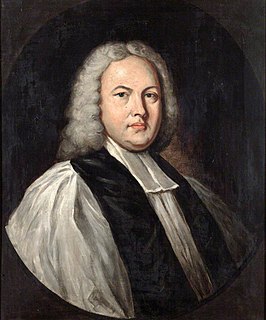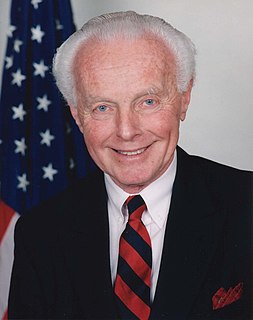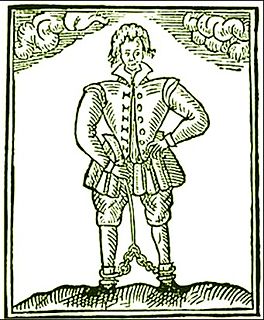A Quote by Seneca the Younger
Precepts are the rules by which we ought to square our lives. When they are contracted into sentences, they strike the affections; whereas admonition is only blowing of the coal.
Related Quotes
There is no patent recipe for getting good citizenship. You get it by applying the old, old rules of decent conduct, the rules in accordance with which decent men have had to shape their lives from the beginning .. fundamental precepts, put forth in the Bible and embodied consciously or unconsciously in the code of morals of every great and successful nation from antiquity to modern times.
If we could sufficiently understand the order of the universe, we should find that it exceeds all the desires of the wisest men, and that it is impossible to make it better than it is, not only as a whole and in general but also for ourselves in particular, if we are attached, as we ought to be, to the Author of all, not only as to the architect and efficient cause of our being, but as to our master and to the final cause, which ought to be the whole aim of our will, and which can alone make our happiness.
The moral principles and precepts contained in the Scriptures ought to form the basis of all our civil constitutions and laws . . . The religion which has introduced civil liberty is the religion of Christ and his Apostles . . . This is genuine Christianity and to this we owe our free constitutions of government.







































